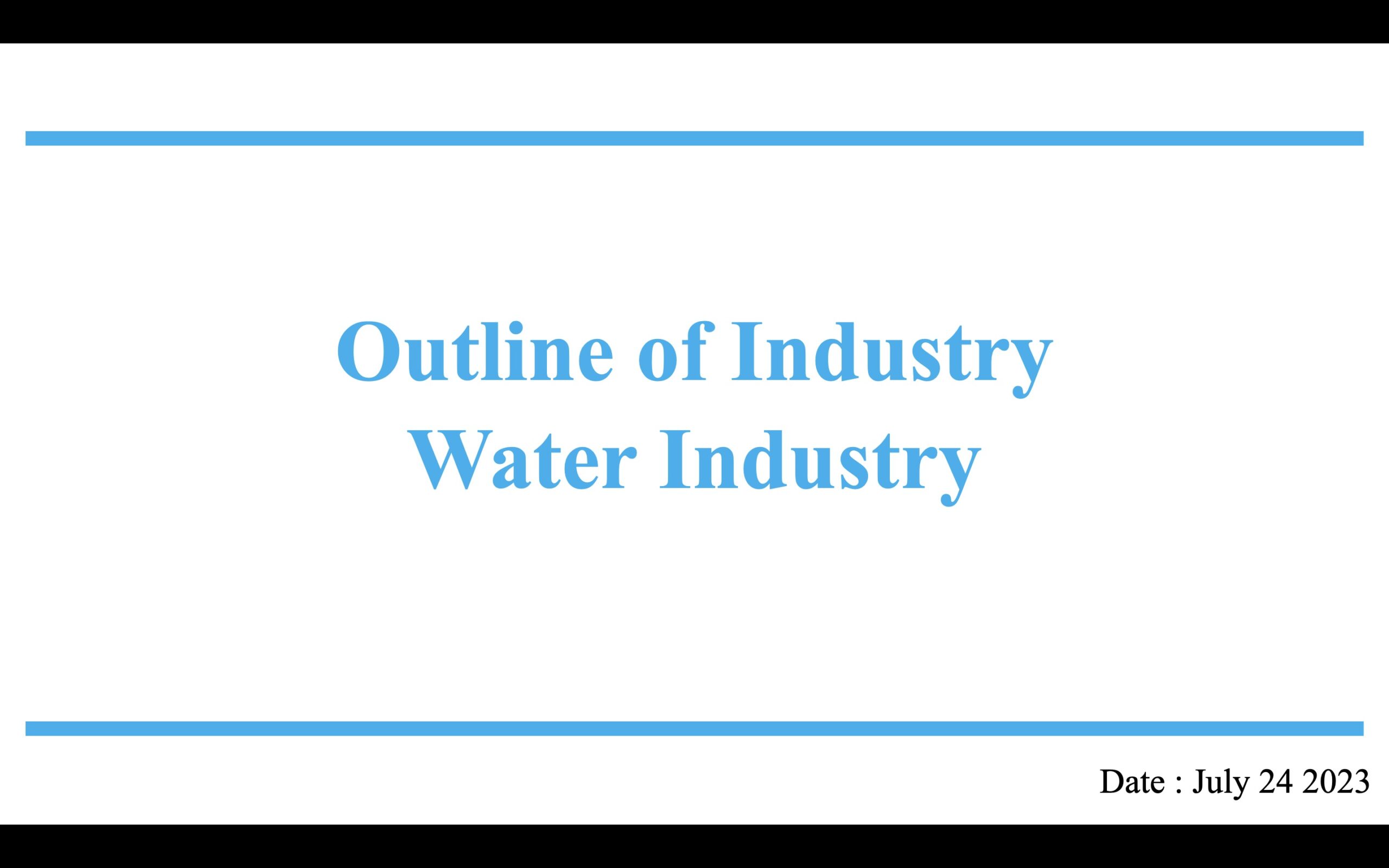The water industry is one of the most essential industries in the world, as it is responsible for the production, distribution, and treatment of clean drinking water. The industry is complex, encompassing a range of activities, from the extraction of water from rivers, lakes, and groundwater, to the treatment and distribution of water to households and businesses. The water industry also includes the management of wastewater, the treatment of sewage, and the disposal of hazardous waste.
One of the biggest challenges facing the water industry is the increasing demand for water. As populations grow and economies expand, the demand for water is growing, putting pressure on water resources and water treatment facilities. In addition, climate change and rising temperatures are leading to changes in precipitation patterns, resulting in droughts in some areas and flooding in others. This is making it increasingly difficult for the water industry to meet the growing demand for water while also maintaining water quality and environmental standards.
Another challenge facing the water industry is the need for increased efficiency. With the increasing demand for water and the need for more sustainable water management practices, the water industry must find ways to improve its efficiency and reduce its costs. This includes investing in new technologies and processes, such as smart water management systems, to improve the distribution and management of water. Additionally, the water industry must find ways to reduce water waste and promote conservation, such as through the use of low-flow fixtures and the implementation of water-saving practices.
Another challenge facing the water industry is the need for greater transparency and accountability. With increasing public awareness of water-related issues, such as water scarcity and water pollution, there is a growing demand for greater transparency and accountability in the water industry. This includes the need for more comprehensive data on water use, water quality, and the management of water resources, as well as the need for more effective regulations and enforcement mechanisms to ensure that companies and individuals are meeting their obligations under water-related laws and regulations.
To address these challenges, the water industry must continue to invest in research and development to find new and innovative ways to improve the production, distribution, and treatment of water. This includes the development of new water treatment technologies, the exploration of alternative water sources, and the improvement of water management practices. The water industry must also work to increase public awareness and education about the importance of water and the need for responsible water use and management.
Another important step that the water industry can take is to promote greater collaboration and partnerships with stakeholders, including government agencies, communities, and other industries. By working together, the water industry can identify and address common water-related challenges and find more sustainable and effective solutions. Additionally, the water industry can work to promote greater cooperation and coordination between different water-related industries, such as the agricultural and energy industries, to ensure that water resources are being used in a sustainable and responsible manner.
In conclusion, the water industry plays a vital role in meeting the needs of modern society. Despite the many challenges facing the industry, including the increasing demand for water, the need for increased efficiency, and the need for greater transparency and accountability, there are a number of steps that can be taken to ensure its future. By investing in research and development, promoting public awareness and education, and promoting collaboration and partnerships with stakeholders, the water industry can continue to play a crucial role in providing clean and safe drinking water for generations to come.



Comment